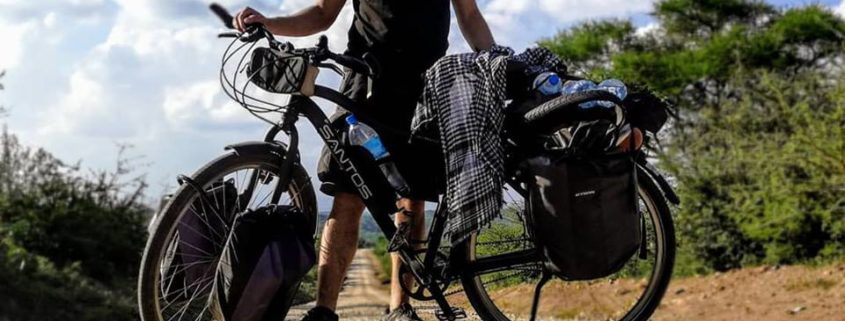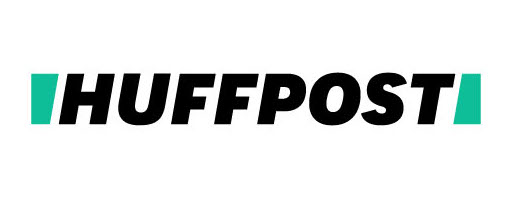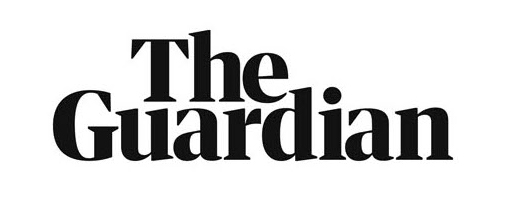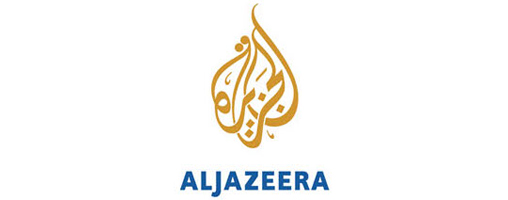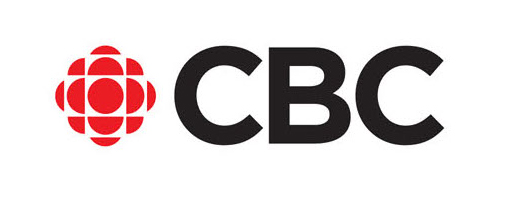Activist Profile: Stijn Van Parys – Biking from Brussles to Capetown
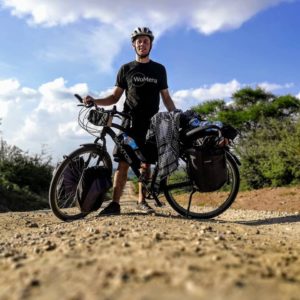 Earlier in 2018, we had the honour of meeting Stijn Van Parys, a Belgian man who is biking from Brussles to Cape Town to raise funds and awareness about menstrual health! I had the great pleasure of sitting down with him during his stay in Moshi to learn a little bit more about his motivation, his experiences and what he hopes to accomplish.
Earlier in 2018, we had the honour of meeting Stijn Van Parys, a Belgian man who is biking from Brussles to Cape Town to raise funds and awareness about menstrual health! I had the great pleasure of sitting down with him during his stay in Moshi to learn a little bit more about his motivation, his experiences and what he hopes to accomplish.
How did the idea for this journey come about?
You could say that cycling is my religion. My family has always been fond of cycling. My parents used to take my siblings and I on cycling trips in northern Europe. As I entered university I started to cycle more with friends. It was the perfect escape after an exhausting exam session. I felt that it was such a relief to hit the road to cycle and camp in green fields for days in a row.
One day I was drinking beer in a student bar with a cycling buddy of mine, and we discussed what would be the ultimate cyling trip. We agreed that cycling across the entire African continent, with its unparalleled diversity in nature and hospitable people, would be the most interesting journey. The next day, sober again, I started wondering if it would be possible. The idea grew slowly from that day onwards and simultaneously our cycling trips became more adventurous. I started to save up money for what would be a “great African journey” as soon as I started working. Last year I reckoned that the time for action had come. The idea had been on my mind for nine years and nothing was holding me back. Because of personal reasons my cycling buddy, with whom I came up with the idea, could not join in the end. On the other hand I was convinced that cycling alone would allow me to meet more people along the way.
Why did you pick menstrual health as an issue to raise awareness for?
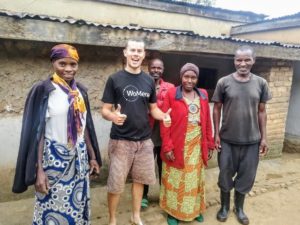
I wanted to dedicate my journey to a truly African cause and to something that has a direct positive
impact on the lives of Africans. Menstrual health matches these criteria perfectly. There is still a lot of progress to be made in Africa, and menstrual health solutions do improve the well-being of girls directly.
I had met Marianne Tellier, co-founder of WoMena, during a visit to Kampala three years ago. WoMena is a Danish NGO that focuses on menstrual health. I was fascinated by what WoMena was doing in Uganda. Last year, when I was planning my journey, I contacted Marianne and she was very excited about the idea of a male cycling ambassador for WoMena.
What do you think is the role of men in breaking the menstrual taboo?
The role of men in menstrual health lies mostly in the psychological perception of menstruation. The taboo that surrounds menstruation is amplified by the perception of menstrual health as a “girls-only” problem. Although only women menstruate, fighting taboos concerning menstruation and creating an environment in which girls are not ashamed to talk about their periods, does require male involvement. As human beings men can advocate for the right to adequate hygiene for every person, male or female. Lastly, men can help by being supportive on issues related to menstruation. Men can be understanding of problems faced by women during their periods. In patriarchal communities, men can consider women’s needs in the family budget.
You had the opportunity to attend a workshop with Femme’s team in Nairobi, what did you think?
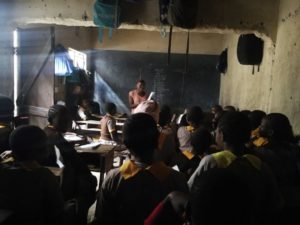
Femme Facilitator, Emma, leads a Twaweza Program at a school in Nairobi.
Yes I did! On that day I had randomly invited myself to visit the office, so I was happy that the girls of Femme invited me to join a workshop in a school in Eastleigh suburb. Emma and I arrived before the others did, on my bicycle, which caused excitement among the kids. Only the girls between ten and fourteen years old were summoned in a seperate classroom for the session. All the girls had documentation from earlier workshops given by Femme.The session was about the different options that were available to them. Femme offers multiple possibilities: disposal pads, reusable pads, and menstrual cups. The girls could make their own choice after the session, by buying one of the products that they had learned about in a pharmacy involved in the project. I was particularly impressed with the system of reimbursement. At the end of the session each girl had to write down a unique password. This personal password, combined with a code of the product of the girl’s choice, can be used to obtain a refund via M-PESA (Kenya mobile money). (Read his blog post about his experience with Femme in Nairobi here)
What has been the highlight of your trip so far?
There have been many unforgettable moments since I started cycling nine months ago. I was “arrested” in the Sahara desert and had to camp next to check points with heavily armed soldiers. During those nights in Mauritania I sat on a blanket in the desert sand, and drank tea with the commander of the check point. I stayed with a family of shea butter traders and I sold beauty products at the annual local products fair in Ouagadougou, Burkina Faso. I cycled close to giraffes and wildbeests in Tanzania. I cycled across the Atlas mountains and Ethiopian highlands… The list goes on and on.
What do you want to accomplish with this journey?
First and foremost I hope to raise awareness and donations for menstrual health. I also hope that by realising my dream, and sharing my experiences, I can show to friends and family that Africa is truly an amazing continent. Besides pictures from safaris, western media only report extreme events when it comes to Africa. I know that at least one person who follows my adventure, my father, has learned that there is also a normal side to Africa.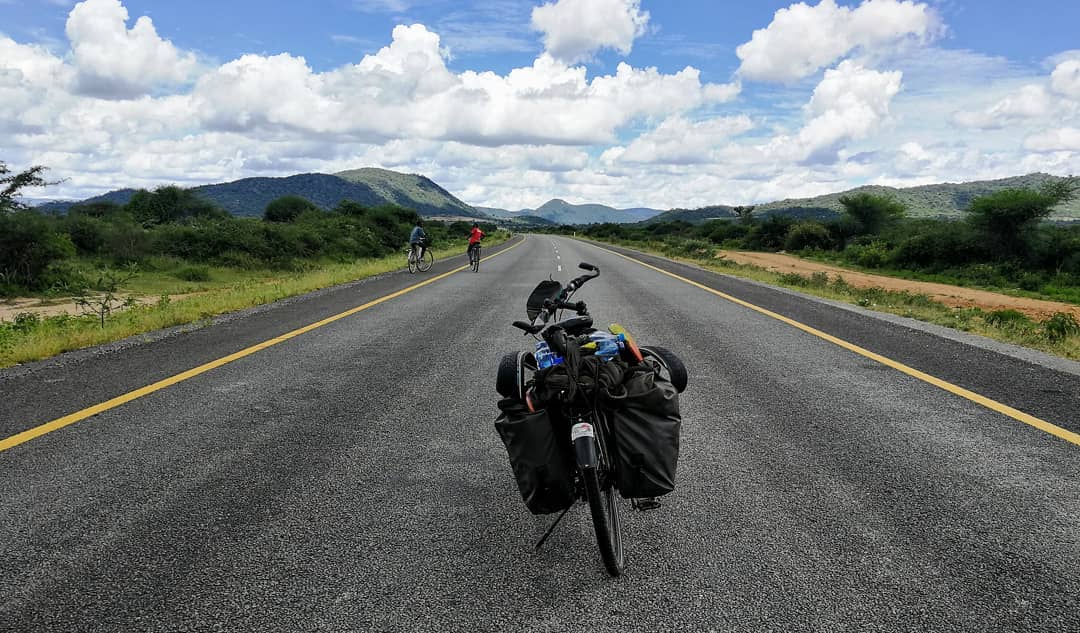
Follow his incredible journey on his blog, and donate to support his efforts to support Womena!


